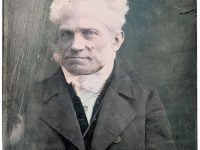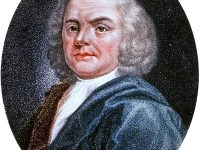Ehrenfried Walther von Tschirnhaus and the White Gold
On April 10, 1719, German mathematician, physicist, physician, and philosopher Ehrenfried Walter von Tschirnhaus was born. Among others, he is credited being the first European to discover the secret of the creation of porcelain in 1708. Certainly, the Meissen factory, established 1710 with its director Johann Friedrich Böttger, was the first to produce porcelain in Europe in large quantities and since the recipe was kept a trade secret by Böttger for his company, experiments…
Read more






